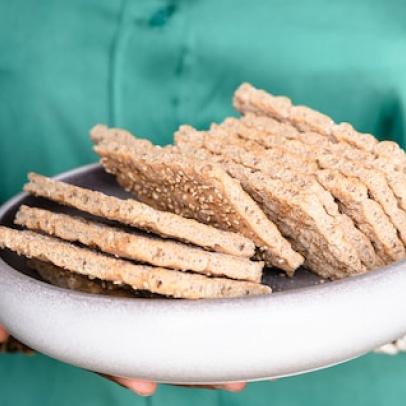- By: Green_admin
- August 26, 2018
Four Major Hormones Behind Weight Gain in Women!
Obesity is emerging in Pakistan as a public health crisis and the situation is quiet similar everywhere else in the world as obesity rate is much higher among women compared to men. Known contributing factors for this include:
- Genetics
- Diet and eating behaviors
- Physical inactivity
- Prenatal and early life influences
- Social, physical and food environment
However, a lot of women seem to gain weight even when they shift towards healthy food choices and exercise. This is because one huge but often-overlooked reason for weight-loss resistance involves hormonal imbalances. When you have a hormonal imbalance, you have too much or too little of a certain hormone. Even tiny changes can have serious effects throughout your whole body.
There are many possible causes for a hormonal imbalance in a woman. Causes differ depending on which hormones or glands are affected. Today we will talk about four major hormonal imbalances and their response on women`s body.
1. Insulin
The monster hormone produced by pancreas that causes weight gain, inflammation and chronic disease is excess insulin. This hormone works by helping the body’s cells to absorb glucose. Insulin causes weight gain when the cells absorb too much glucose and the body converts this into fat.
2. Thyroid
Thyroid hormones regulate metabolism, help the body use energy, stay warm and keep the brain, heart, muscles, and other organs working as they should. An insufficient amount of hormone production from thyroid gland results in hypothyroidism.
Women are seven to 10 times more likely than men to suffer from hypothyroidism. This is also very important to know that many patients with hypothyroidism may not realize their thyroid levels are low because the symptoms can mimic things we typically associate with aging, like hair and skin changes, anxiety, forgetfulness, constipation, sore muscles and lack of energy. Even in developed countries like USA, it is estimated that nearly 13 million Americans have undiagnosed hypothyroidism.
3. Sex Hormones
Sex hormones play essential roles in the regulation of appetite, eating behavior and energy metabolism. Estrogen inhibits food intake, whereas progesterone and testosterone may stimulate appetite.
Symptoms of excess estrogen in women include breast tenderness, fluid retention, bad premenstrual syndrome, fibroids and heavy menstrual bleeding.
4. Cortisol
Another source of weight-loss resistance is stress. Cortisol is an adrenal hormone that helps you to run faster, see further, hear better and pump fuel into your bloodstream for quick energy but it is also the same hormones which shuts down digestion and slows your metabolism. If someone`s body is under stress for prolonged time then it may lead to high blood sugar, increased belly fat, high blood pressure, high cholesterol and muscle loss.
Conclusion
Despite the fact that aging and other factors are beyond your control, there are many steps you can take to help your hormones function optimally. Consuming nutritious foods, exercising on a regular basis and engaging in other healthy behaviors can go a long way toward improving your hormonal health.










Leave a comment